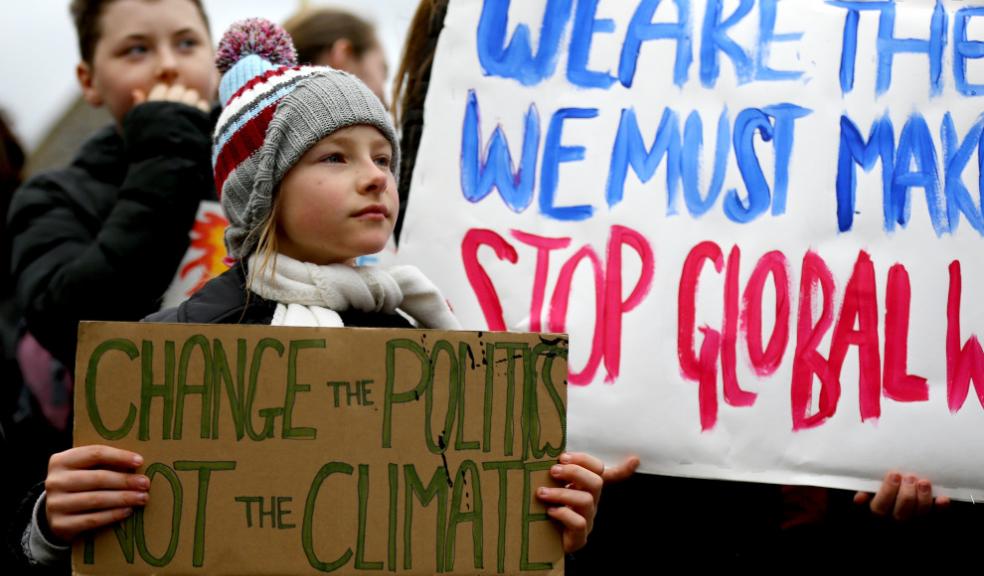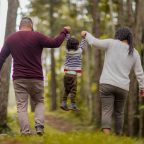
What children should be learning about saving the planet
Understanding green issues is arguably even more important for children than it is for adults, as children have longer to live with the consequences of the damage humans are doing to the planet.
Research shows 78% of parents believe it's important for children to be educated on sustainability and the preservation of the environment, and the majority think such education should start from as young as three to five years old.
The research by Modular Classrooms found almost three-quarters of parents try to lead by example to teach their children about taking care of the planet, and 47% try to buy food products without plastic wrapping.
Jenny Thatcher, head of youth and families at Friends of the Earth, says learning about the environment should be a central thread throughout education from the start of a child's schooling. "All children should be learning to care for the world around them, whether understanding the pollution brought about by single-use plastic, or accessing nature on their doorstep through high quality outdoor education," she says.
"Children should also learn from an early age about how they can change the planet for the better, and that solving the world's problems is not a distant issue out of their hands."
Environmental campaigners suggest children should be educated about the following green issues...
Climate Change
Friends of the Earth (FoE) say children need to learn about the impact of human activity on changing the climate. Many have called for the national curriculum to be reformed to address the ecological crisis as a priority.
FoE say education needs to include what future weather could look like, the specific impact this could have, and the injustice of lower-emitting countries like Mozambique bearing the brunt of extreme weather – Cyclone Idai hit Mozambique in April, causing floods killing more than 900 people and affecting over 2 million.
"As we've seen from the school strikes [in March], young people feel their education on climate change is inadequate, and we need to take heed of that," says Thatcher. "The climate crisis is real and the effects are being felt around the world. It will only worsen if we don't do what needs to be done now, and education is a huge and important part of that.
"At the moment it's at the discretion of teachers to talk about climate change – it would be so much better if it was made a core part of the curriculum."
Waste
Today's children need to understand that waste that can't be recycled will go into landfill sites, and as the world's population grows, there's less space for the increasing amount of waste – including the plastics that are polluting the oceans and killing marine life.
Anna Jones, a senior campaigner for Greenpeace UK, says: "There is no away – when you throw something in the bin it continues to exist, often for a lot longer than you will. Even burning things doesn't destroy them – it just makes them easier to inhale."
Loss of biodiversity
Biodiversity is the balance between diverse communities of animals, plants and micro-systems that rely on each other to survive. Greenpeace UK says children need to learn about 'the immensity of biodiversity', and the even greater immensity of the biodiversity we've already lost.
An example of a biodiversity problem is the current threat to global bee populations. Scientists are trying to understand why so many bees are dying, and warning that if all bees die they won't pollinate plants, which helps plants reproduce. If all bees died, the amount of food from natural plant sources would be much lower.
"Things are connected and every species matters," says Jones. "Baselines shift – Britain has lost much of its wildlife, ranking 189th for biodiversity loss out of 218 nations, and what we see as 'normal' is a hugely depleted environment."













